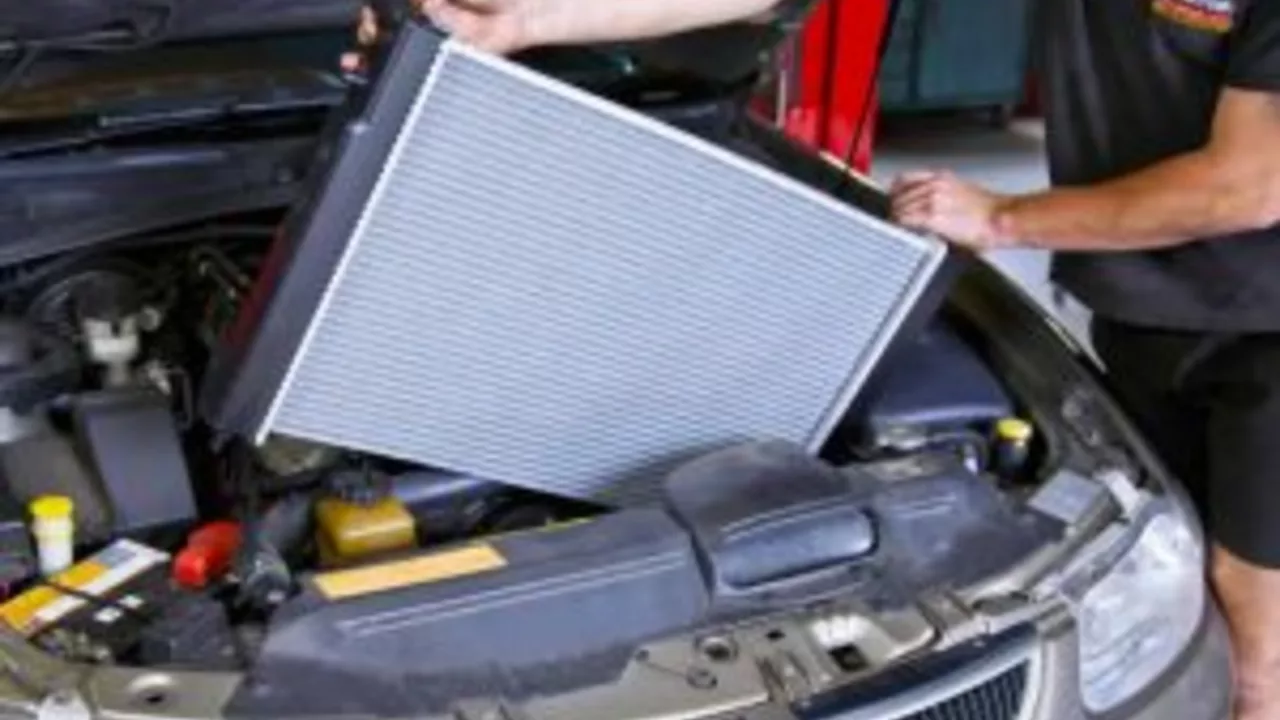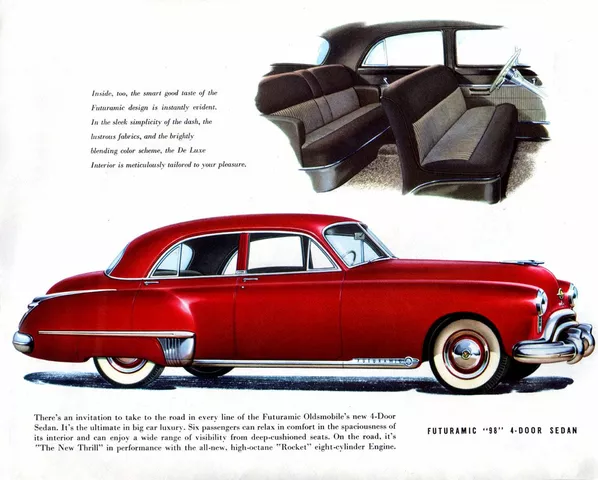Radiator Neglect: What Happens When You Forget the Coolant
Ever noticed your temperature gauge creeping up and thought, "I'll check it later"? That "later" can turn a small issue into a big money‑drain. The radiator’s job is simple – keep the engine cool. Skip its care, and the engine can overheat, warp, or even seize.
Easy Signs Your Radiator Needs Attention
First, look for the obvious clues. A sweet smell in the cabin? That’s usually coolant leaking. Steam puffing out from under the hood when you’re stopped? Your radiator is probably struggling. Also, keep an eye on the temperature needle; if it’s hovering in the orange zone more often than not, the cooling system isn’t doing its job.
Don’t ignore low coolant levels either. Open the radiator cap (only when the engine is cool) and see if the fluid is below the marked line. If it is, top it up with the right mix of water and antifreeze. Too much water alone can cause rust, while the wrong antifreeze blend reduces cooling efficiency.
Simple Maintenance Steps to Avoid Costly Repairs
Good news: you don’t need a mechanic for most radiator upkeep. Every 30,000 miles, flush the system – drain the old coolant, run water through until it runs clear, then refill with fresh mix. This removes rust and sediment that clog the tiny passages inside the radiator.
Check the radiator hoses for cracks, bulges, or soft spots. A hose that feels mushy or looks worn should be swapped out. While you’re at it, tighten the hose clamps; loose clamps cause leaks that waste coolant fast.
Keep the radiator fins clean. Dirt and bugs can act like a blanket, trapping heat. Use a soft brush or a low‑pressure spray to clear them – no need for harsh chemicals.
Finally, test the thermostat. A stuck‑closed thermostat prevents coolant from flowing, making the engine run hot. If you notice the heater isn’t blowing warm air on cold days, the thermostat could be the culprit.
Skipping these checks may save a few minutes now, but the price of a blown head gasket or a cracked engine block is steep. Regular, quick maintenance keeps your car cool, saves fuel, and protects your wallet.
So next time you see that steam or smell coolant, stop and give the radiator a look. A few minutes of attention now can keep you from a costly repair later.

What are the consequences of not cleaning a car's radiator?
Neglecting to clean your car's radiator can lead to a slew of problems. Dirt and debris build-up can cause the radiator to overheat, leading to engine damage. It can also lead to decreased fuel efficiency as your car has to work harder to stay cool. Further, it can result in costly repairs down the line. So, routinely cleaning your car's radiator is a small task with big benefits for your vehicle's performance and your wallet.
Categories
- Art & Culture News (5)
- Sports News & Analysis (4)
- Financial Markets & IPOs (3)
- Automotive Industry News and Analysis (2)
- Automotive Maintenance & Repair (1)
- Automotive News & Reviews (1)
- Film and Television Trivia (1)
- Sports (1)
- Science (1)
- Technology (1)


